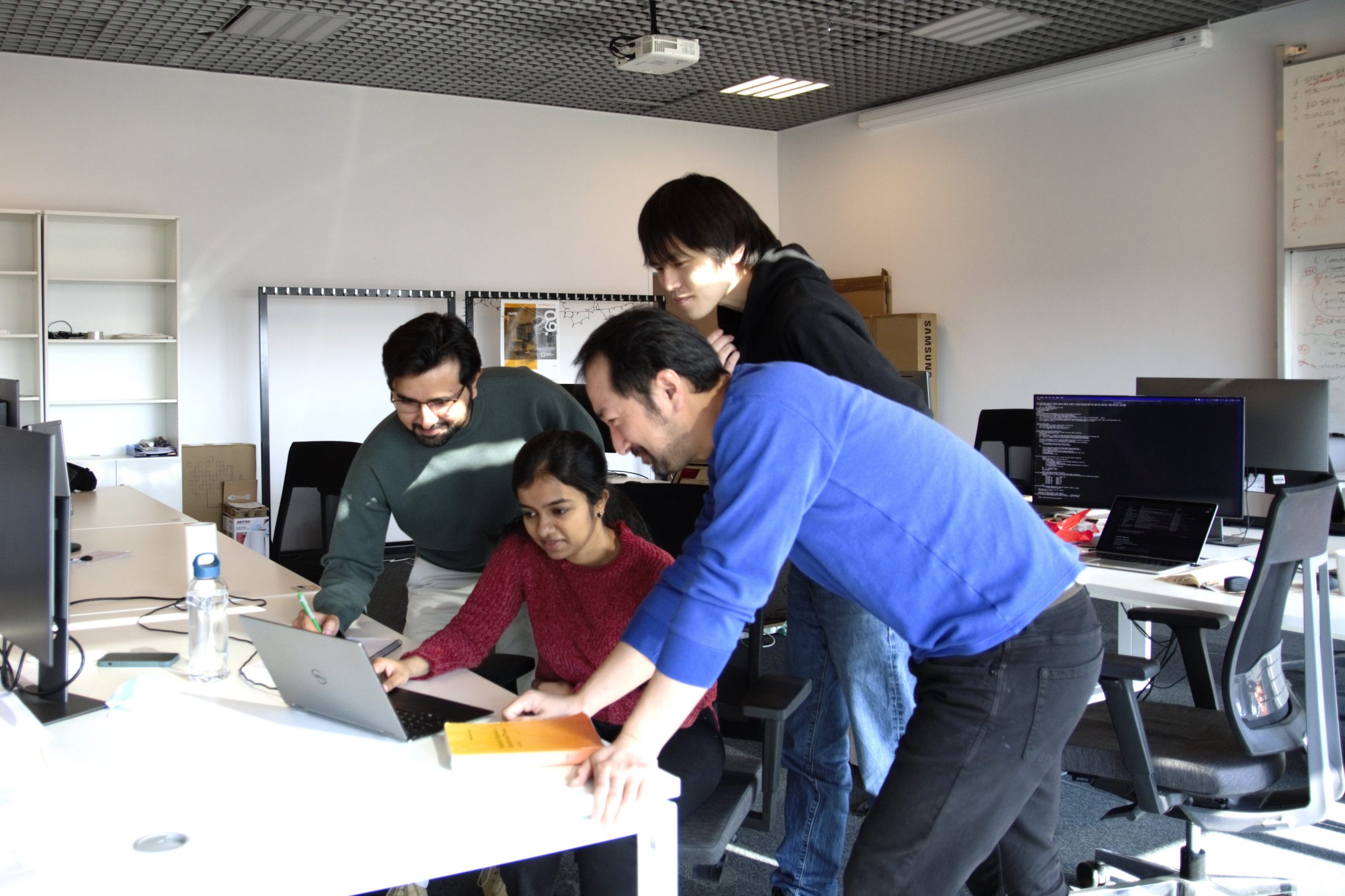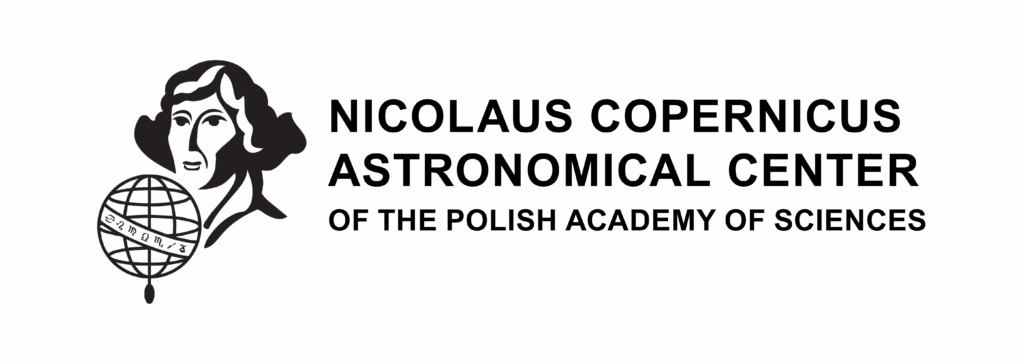The main focus of group 4 led by Dr Masayuki Wada is the development of light detectors based on Silicon Photo Multipliers (SiPMs) for experimental searches for new physics beyond the Standard Model, such as dark matter direction and neutrino-less double beta decay. The same technology will be applied to develop medical devices based on SiPMs.
One key physics goal is to use dedicated systems of SiPMs to look for the elusive dark matter in the Universe. In order to achieve extreme sensitivity of detectors, its components themselves must not generate any background that could potentially obscure the signal from dark matter. Another important physics goal is the search for so-called Majorana neutrinos. A similar detection technology enables us to look for this potential feature of neutrinos, which could shed lights on the reasons for why our Universe is mostly made up of matter and not antimatter.
The group works is in collaboration with local groups in Poland and international partners to develop radio-pure light detectors with high performance required for those exciting searches.







